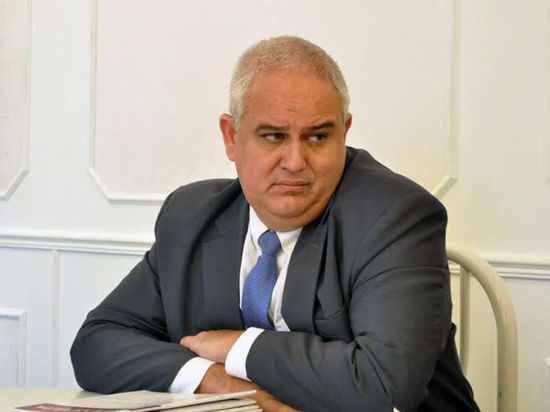
Diplomat: Western media distort reality
Cuba’s ambassador to Russia, Emilio Lozada García, this week criticized the role of the Western media in the recent disturbances in Kiev, Caracas and even Moscow, saying that “they deliberately convey a distorted picture” of events.
The television networks “CNN, BBC and others broadcast images favorable to the West that enter the consciousness of citizens and turn them against existing governments,” Lozada told a journalism conference at Moscow’s Central House of Journalists last Tuesday (Feb. 25).
He cited the crises in Libya and Syria as examples of ill-intentioned coverage by the Western media.
“We are witnessing a real information war waged by the United States and the West against independent states, such as Cuba and Russia, that defend their national interests and strictly abide by international law,” he said.
For example, “one can sense the hand of the West” in the networks’ coverage of the street demonstrations in Venezuela, the ambassador said, and shared his personal experience in connection with a street protest in Moscow the previous day (Feb. 24).
That day, a court handed down sentences to eight dissidents who in 2012 had staged a demonstration against President Vladimir Putin. Supporters of those dissidents had gathered outside the courthouse and many were arrested when they became unruly.
Lozada, who was driving past the site, said that he “saw that the protesters did not exceed 300 people and I witnessed a correct operation of crowd control by the Moscow police. Once at home, however, I watched Western TV channels and they were reporting that about 5,000 people had been beaten by the police.”
“That’s Western propaganda,” the ambassador said.
Journalists who had been in Kiev during the days leading to the ouster of Ukrainian President Viktor Yanukovich agreed with Lozada, saying that the West used methods of “info-propaganda” that contributed to a major radicalization of society and resulted in the overthrow of the government.
Lozada called for “closer contacts between Russian and Cuban media, because we uphold similar principles of truth and objectivity. Also, I welcome the appearance in Russia of reliable information channels, such as Russia Today and News-24, which — unlike many of the pro-Western media — reflect the real image of the world.”
The secretary of the Moscow Union of Journalists, Viktor Cheremukhin, expressed the intention of his organization to establish close contacts with the Communist Party of Cuba and voiced the hope that Russia and Cuba will exchange delegations of journalists who would then “get an objective view of the political reality of Russia and Cuba.”
That kind of exchange should be made on a regular basis, he said.
Emilio Ratmir Lozada García has been Cuba’s ambassador to Russia since January 2013, when he replaced Juan Valdés Figueroa. From 2005 to 2012, he was chief of staff at the Foreign Ministry; from 1999 to 2002, he was a political adviser at the Cuban Embassy in Moscow.
[Photo above is of Cuba’s ambassador to Russia, Emilio Lozada García]


